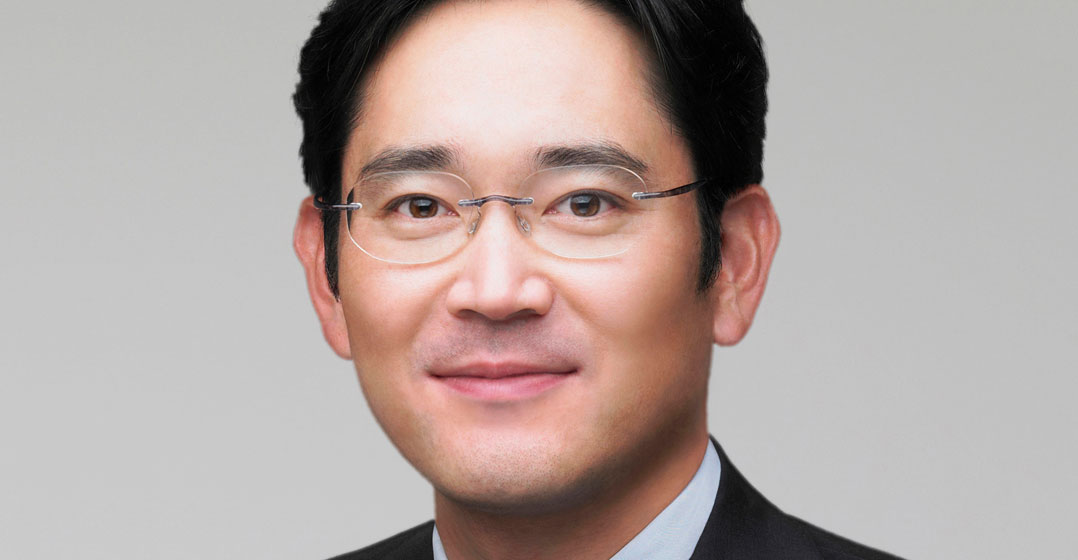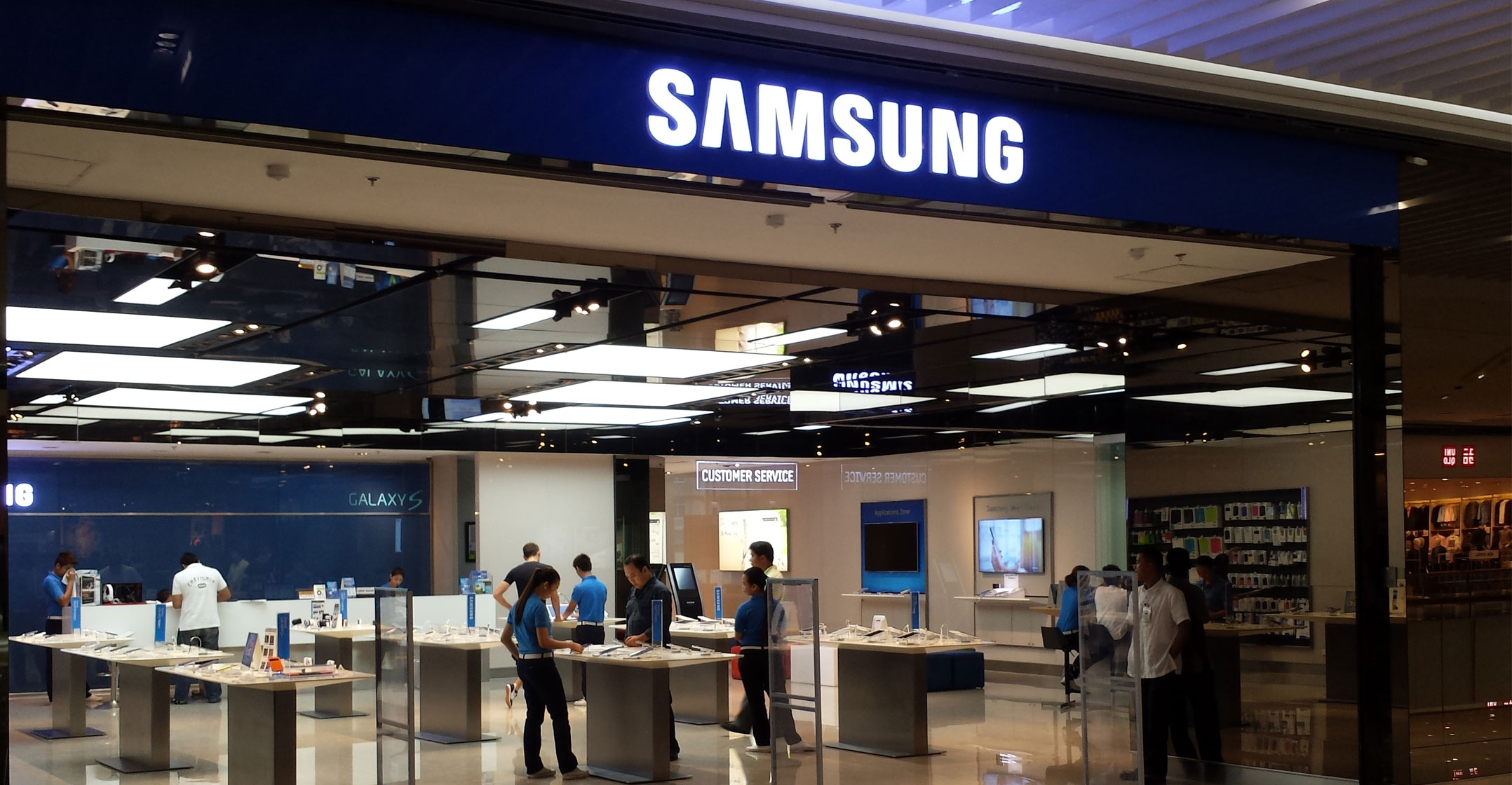
South Korea’s highest court has ordered the retrial of Samsung Electronics vice chairman Jay Y Lee over bribery charges, reviving legal uncertainty around the country’s largest company just as it’s navigating global trade turmoil.
The supreme court on Thursday voided an earlier decision to suspend Lee’s 2.5-year prison sentence and is sending the case back to the lower court, it said. Lee may end up going to prison again, having previously served a year after getting arrested in February 2017. He was released in 2018 after the Seoul high court halved what had originally been a five-year term and suspended it for four years.
Lee, 51, was the highest-profile business figure to have been embroiled in a graft probe that inflamed resentment toward the country’s well-connected chaebol, rocked domestic politics and helped bring down former President Park Geun-hye, who was removed from office in 2017.
The Samsung executive was accused of directing tens of millions of dollars to entities controlled by a confidante of Park in return for government support of a 2015 merger that cemented his control of the group. The court on Thursday also ordered a retrial for Park, who is already in jail, arguing she should face trial on broader bribery charges.
“It means the possibility of sending Lee back to prison has risen,” Park Ju-gun, president at corporate research firm CEOScore in Seoul, said before the ruling. For Samsung, “not only the governance restructuring but also major business decisions will be stopped”.
Lee, who has led Samsung for most of the time since his father suffered a heart attack in 2014, will now have to deal with a possible months-long retrial at a time when China and the US are escalating a trade war and Japan is restricting exports of key materials to South Korea. Samsung has also been grappling with falling profits from a memory chip downturn and sluggish smartphone demand.
‘Responsible’
“Samsung Electronics deeply regrets that this case has created concerns across the society,” the company said in a statement. “We will renew our commitment to carrying out the role of a responsible corporate citizen and will avoid a recurrence of past mistakes.”
Samsung Electronics shares fell as much as 2.5%.
Lee is the designated heir to South Korea’s largest conglomerate and a national icon. Founded 1938 by Lee’s grandfather, Lee Byung-chull, Samsung Group has become a global behemoth, the world’s largest supplier of memory chips and smartphones under the leadership of chairman Lee Kun-hee. Its crown jewel is Samsung Electronics, which accounts for more than 80% of the US$300-billion-plus value of the gadgets-to-shipbuilding group’s market value.
 The original trial of the heir to the 50-year-old tech giant centred on a controversial merger in 2015 between two Samsung affiliates that gave Lee fresh shares in Samsung C&T, then a major shareholder of Samsung Electronics. Prosecutors argued that Lee sought to ensure the deal passed by bribing a close confidante of former president Park. The ensuing scandal shone a spotlight on cozy relationships between family-controlled conglomerates, known as chaebol, and the Blue House, provoking protests in the streets of Seoul. Lee was arrested and Park was impeached.
The original trial of the heir to the 50-year-old tech giant centred on a controversial merger in 2015 between two Samsung affiliates that gave Lee fresh shares in Samsung C&T, then a major shareholder of Samsung Electronics. Prosecutors argued that Lee sought to ensure the deal passed by bribing a close confidante of former president Park. The ensuing scandal shone a spotlight on cozy relationships between family-controlled conglomerates, known as chaebol, and the Blue House, provoking protests in the streets of Seoul. Lee was arrested and Park was impeached.
On Thursday, chief justice Kim Myeong-su ruled that the lower court should have considered as possible bribes three horses and other financial support provided to a sports education center controlled by the confidante, Choi Soon-sil. That decision could increase the alleged bribes that Samsung offered by five billion won.
Samsung has said the 2015 merger was intended to boost its competitiveness, and Lee argued during trials that the deal didn’t increase his control over the company. The historic merger was so controversial, however, that New York-based activist fund Elliott Management fought to stop the deal, saying it came at the expense of shareholder value.
After fending off Elliott, Lee responded to shareholders’ requests with massive return plans and hunted for mergers and acquisitions, raising his profile as the “centre of gravity” who made key decisions about mid- to long-term strategy. Lee joined Samsung’s board for the first time in October 2016 and his renewed term will expire this October.
Top priority
Cracking down on the chaebol was a top priority for the Moon Jae-in administration in its first year. However, the ailing economy brought the Moon government closer to Samsung and Lee was jetting from India to Pyongyang just months after his release from jail, again the face of successful Korean business.
Samsung Group still has to tackle other legal and governance tasks. Prosecutors have not concluded an investigation into accounting at Samsung Biologics, a probe related to the 2015 merger. Lee must also come up with a plan to inherit his father’s stakes in key affiliates, including a 20.8% stake in Samsung Life Insurance, that could cost him almost $7-billion.
“During the past few years, Samsung has faced significant challenges from external and internal uncertainties and we have been constrained in our efforts to focus on leading new businesses for the future,” the company said in its statement. “In this increasingly uncertain and difficult economic environment, we ask for support and encouragement so we can rise above the challenges and continue to contribute to the broader economy.” — Reported by Sohee Kim, (c) 2019 Bloomberg LP




